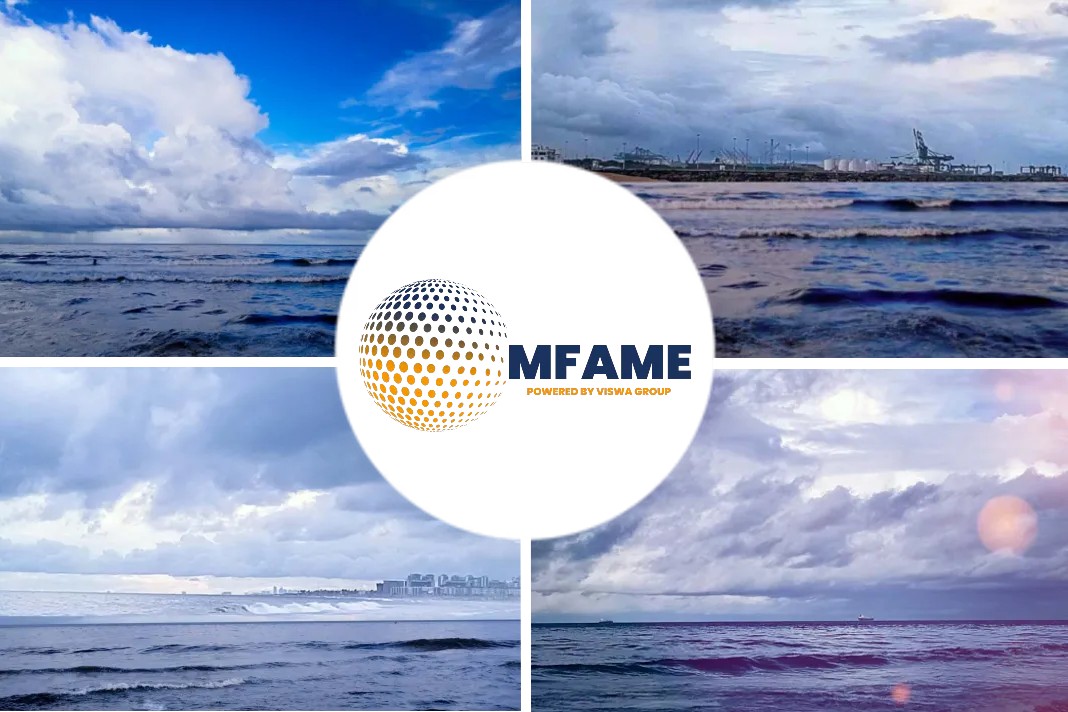- are floating cities our future?
- settlements that float on the water have been touted as a potential solution to Earth’s rising sea levels and increasing extreme weather events
- humans have been living, and farming, on floating habitats for centuries
- building infrastructure that is able to cope with extreme climate events, as well as being highly sustainable
Settlements that float on the water have been touted as a potential solution to Earth’s rising sea levels and increasing extreme weather events. Floating cities might appear like something straight from the pages of science fiction, but in truth, humans have been living, and farming, on floating habitats for centuries says an article on BBC.
Netherlands green ethos
It makes sense that the Netherlands is the nation testing the waters when it comes to floating homes, given the country’s green ethos and history of innovative design. The country is also the lowest-lying in Europe, making sea-level rise a very real threat. But it isn’t just floating houses the Dutch are experimenting with.
How the idea was brought up
The idea for a floating farm was born after Van Wingerden’s partner, Peter, witnessed the disruption Hurricane Sandy caused to New York’s transport links and food supplies in 2012, noting how supermarket shelves in Manhattan remained empty days after the disaster. Upon returning to the Netherlands, he and Van Wingerden set out to create a farm that would be climate adaptive.
Floating city
Though labeled as a “floating city”, what Oceanix is proposing – initially, at least – is more akin to large floating districts. These new “cities” will be made up of two hectare-wide, buoyant, triangular platforms, each of which is envisioned to be home to 300 people, with additional space for farming and recreation. They can be fastened together to form increasingly expansive settlements.
Coping with extreme climate
“We are building infrastructure that is able to cope with extreme climate events, as well as being highly sustainable,” said Chen. “We want these settlements to use no fossil fuels. It’s all renewable energy, and we’re trying to grow 100% of our protein requirements on board.”
For more info; visit Are floating cities our future?
Did you subscribe to our daily newsletter?
It’s Free! Click here to Subscribe
Source: BBC



















